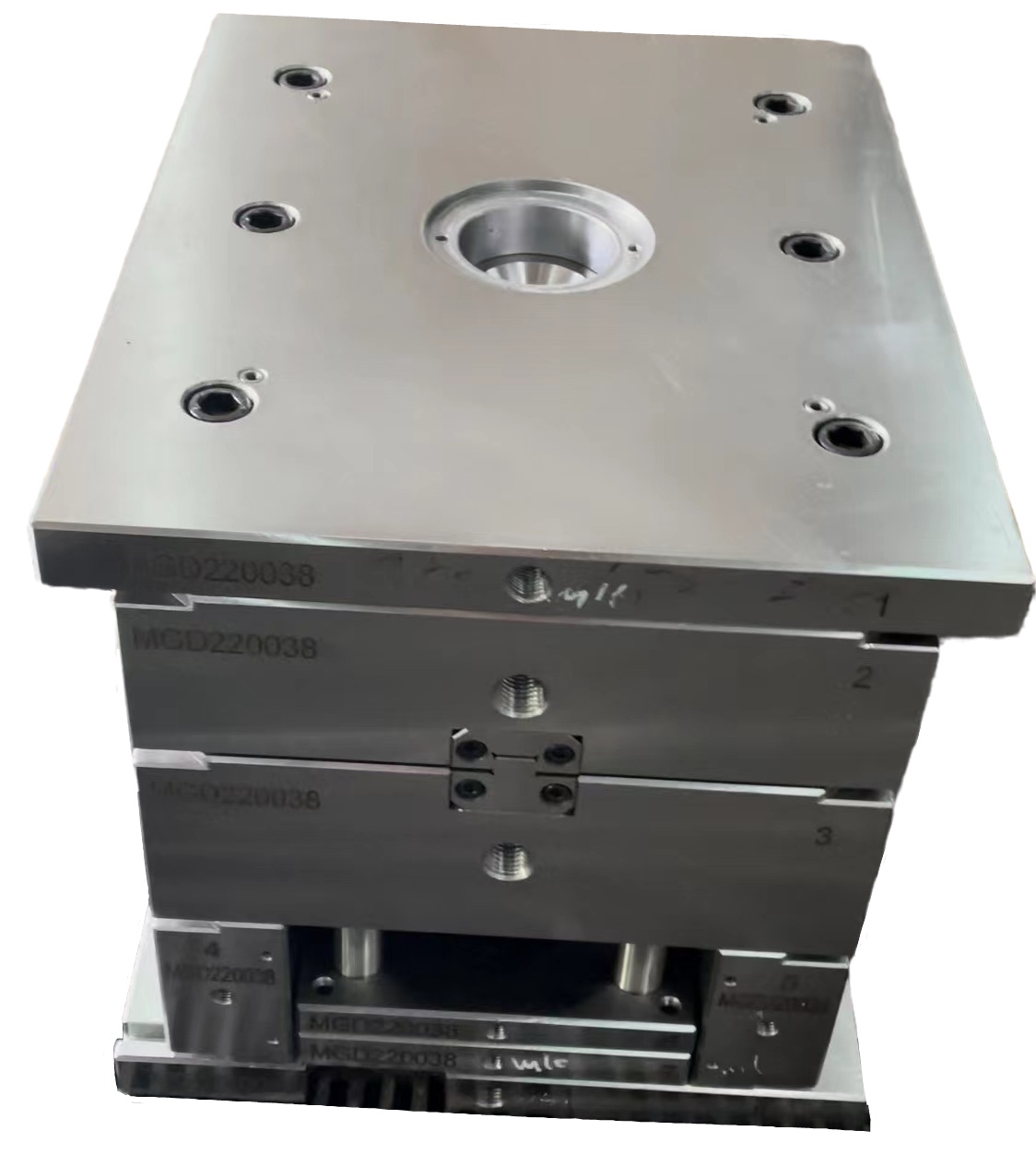In recent years, the South Korean manufacturing industry has undergone significant advancements, leveraging technology and innovative materials to boost productivity and efficiency. One such material is mold steel, a specialized tool steel used primarily in the production of molds and dies. This article delves into the various benefits of mold steel and its implications for the South Korean manufacturing sector.
What is Mold Steel?
Mold steel refers to a category of tool steels specifically designed to withstand high pressures and temperatures during the molding process. These steels are integral to the production of molds for plastic injection, die casting, and other manufacturing techniques. Characteristics such as durability, hardness, and resistance to wear make mold steel an essential material in various industries, including automotive, electronics, and consumer goods.
The Importance of Mold Steel in Manufacturing
The role of mold steel in manufacturing cannot be overstated. It contributes significantly to the quality of the final product produced. Here are some reasons why mold steel is crucial:
- Durability: Mold steel is designed to endure the wear and tear of repeated use, ensuring longevity and reducing the need for frequent replacements.
- Precision: The manufacturing processes that rely on mold steel require high precision. The material's properties allow for the production of intricate designs with tight tolerances.
- Cost-Effectiveness: Although mold steel can be more expensive upfront compared to other steels, its durability leads to lower overall production costs through fewer replacements and lower maintenance needs.
Types of Mold Steel Available
There are several types of mold steel available, and each serves different applications within the manufacturing industry. Some of the most common types include:
- P20 Steel: Widely used for plastic injection molds, it offers good toughness and polishability.
- D2 Steel: Known for its high wear resistance and dimensional stability, making it ideal for die applications.
- S7 Steel: Ideal for heavy-duty applications, this steel offers excellent shock resistance.
- H13 Steel: A versatile steel that performs well in both hot and cold conditions, used in a variety of casting and molding applications.
Advantages of Using Mold Steel in South Korea
The adoption of mold steel offers numerous advantages to manufacturers in South Korea:
- Enhanced Production Efficiency: With its ability to maintain shape and integrity under stress, mold steel allows for quicker production runs and less downtime.
- Improved Product Quality: Using mold steel can significantly enhance the quality of the final product, reducing defects and waste.
- Support for Advanced Technologies: Mold steel is compatible with modern manufacturing technologies such as additive manufacturing and CNC machining, facilitating innovation.
Impact on Competitiveness of South Korean Manufacturers
In the competitive landscape of global manufacturing, using mold steel can provide a critical edge. South Korean manufacturers that invest in high-quality mold steel can:
- Reduce Production Costs: By minimizing the frequency of mold replacements and maintenance needs, companies can lower their overall production costs.
- Meet International Standards: The precision and durability of mold steel help manufacturers produce items that meet strict international quality standards, thereby improving their export potential.
- Enhance Brand Reputation: Producing superior products contributes to a positive brand image, fostering customer loyalty and attracting new clientele.
Environmental Considerations
With growing concern over environmental sustainability, manufacturers in South Korea are increasingly focused on the ecological impact of their operations. Using mold steel has several environmental advantages:
- Recyclability: Mold steels are recyclable, reducing waste in the manufacturing process and supporting sustainable practices.
- Reduced Resource Consumption: The durability of mold steel means manufacturers need less material over time, translating into lower consumption of natural resources.
Case Studies of Success
To provide a clearer picture of the benefits of mold steel, here are some case studies from South Korean manufacturers:
Case Study 1: A leading automotive parts manufacturer implemented P20 mold steel in their production process, increasing their output by 30% while reducing defects by 15%. This change not only improved profitability but enhanced their reputation in the global market.
Case Study 2: An electronics manufacturer switched to H13 mold steel for their die-casting processes. As a result, they experienced a decrease in mold wear and tear, leading to a significant reduction in production costs over a year.
Challenges of Implementing Mold Steel
While mold steel offers numerous benefits, there are challenges in implementing it in the manufacturing process. These include:
- Initial Costs: The initial investment for high-quality mold steel can be substantial, posing a barrier for smaller manufacturers.
- Skill Requirements: Utilizing mold steel effectively may require specialized skills and training, which can lead to initial disruptions in the production process.
FAQs about Mold Steel
- What is the primary use of mold steel?
- Mold steel is primarily used for manufacturing molds and dies in various industries, including automotive, electronics, and consumer products.
- How does mold steel improve product quality?
- Its properties allow for precision manufacturing, reducing defects and ensuring high-quality products.
- Can mold steel be recycled?
- Yes, mold steel is recyclable, contributing to more sustainable manufacturing practices.
- What are the costs associated with using mold steel?
- While the initial costs may be high due to the material's quality, the long-term savings in durability and reduced maintenance can offset this investment.
Conclusion
In conclusion, mold steel is a vital material for the South Korean manufacturing industry, offering enhanced durability, precision, and cost-effectiveness. Its advantages support the competitiveness of manufacturers in a global market that demands quality and innovation. As companies increasingly focus on sustainability and efficiency, the role of mold steel will likely grow, allowing South Korean manufacturers to excel in their respective fields. By understanding and leveraging the benefits of mold steel, manufacturers can position themselves for ongoing success in an ever-evolving industrial landscape.

